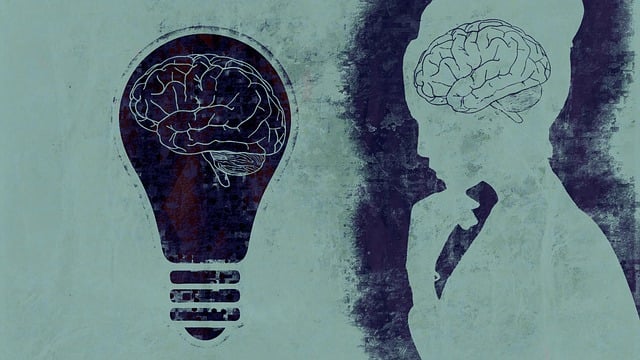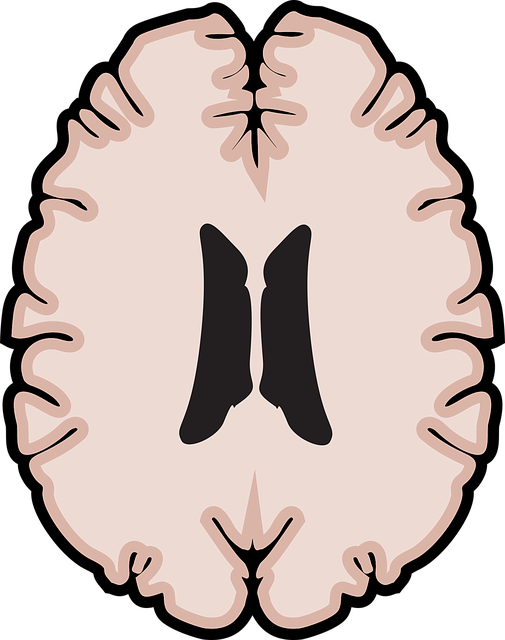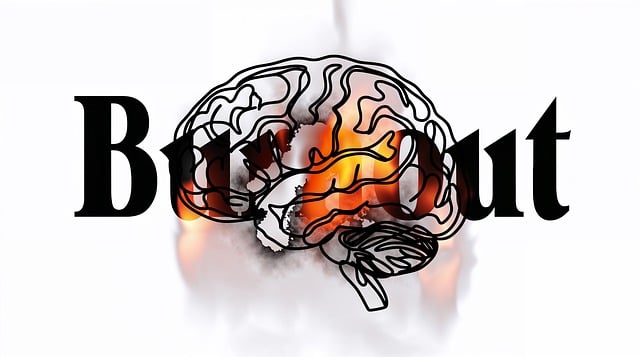In Greenwood Village, effective risk management in mental health practices integrates independent medical evaluations (IMEs) and evidence-based strategies for comprehensive patient care. IMEs provide unbiased assessments, revealing underlying conditions and triggers to tailor therapy plans and access community initiatives. This multi-faceted approach combines strategic interventions with compassion cultivation, fostering open dialogue, personalized care, and emotional support. By integrating IMEs into therapy settings, mental health professionals in Greenwood Village can proactively mitigate risks, enhance client-therapist connections, and ensure optimal care for patients' psychological well-being.
“In the demanding field of mental health, effective risk management is paramount to ensuring patient safety and therapeutic outcomes. This article explores comprehensive strategies for professionals, with a unique focus on the role of Greenwood Village Independent Medical Evaluations (IMEs) in risk assessment. IMEs play a pivotal part in identifying potential hazards and guiding tailored mitigation plans within therapy settings.
We delve into practical approaches to risk management, offering valuable insights for mental health practitioners to create secure and nurturing environments.”
- Understanding Risk Management in Mental Health Practice
- The Role of Independent Medical Evaluations (IMEs) in Risk Assessment
- Strategies for Effective Risk Mitigation in Therapy Settings (Greenwood Village Perspective)
Understanding Risk Management in Mental Health Practice

In the field of mental health, risk management is a crucial aspect of ensuring patient safety and maintaining ethical practices. For professionals in Greenwood Village offering independent medical evaluations and therapy services, understanding this concept is paramount. Risk management involves identifying, evaluating, and mitigating potential risks that may arise during treatment, focusing on both the well-being of patients and the integrity of the healthcare provider’s work.
Effective risk management plans for mental health professionals should incorporate strategies to handle various challenges, from managing client expectations to dealing with sudden behavioral changes or relapses. This includes adopting Self-Care Practices for practitioners to prevent burnout and maintain optimal performance. By conducting thorough Risk Assessments for Mental Health Professionals, practices can tailor their approaches, ensuring the best possible care while minimizing potential harms.
The Role of Independent Medical Evaluations (IMEs) in Risk Assessment

Independent Medical Evaluations (IMEs) play a pivotal role in risk management planning for mental health professionals, offering comprehensive assessments that extend beyond typical clinical settings. These evaluations, often conducted by trained specialists in Greenwood Village, provide an unbiased perspective on patient mental state, behavior, and potential risks. By integrating IMEs into their practice, mental health professionals can gain valuable insights into patients’ psychological well-being, especially when navigating complex cases or managing individuals with a history of challenging behaviors.
The process involves thorough examinations that consider not just the patient’s current condition but also their historical trajectory. This data is crucial for identifying risk factors and developing appropriate interventions. For instance, an IME can reveal underlying conditions or triggers that might contribute to a patient’s mental health crisis, enabling practitioners to design tailored therapy plans through programs like Community Outreach and Mental Health Education Initiatives. Furthermore, promoting Inner Strength Development becomes more effective when professionals have access to such comprehensive assessments, ultimately enhancing their ability to foster resilience and mitigate risks effectively.
Strategies for Effective Risk Mitigation in Therapy Settings (Greenwood Village Perspective)

In Greenwood Village, risk management planning for mental health professionals involves a multifaceted approach to ensure client safety and well-being. One key strategy is integrating independent medical evaluations (IMEs) into therapy settings. These comprehensive assessments help in identifying potential risks and vulnerabilities early on, allowing therapists to develop tailored interventions. By leveraging the expertise of IME providers, Greenwood Village promotes evidence-based practices that mitigate risks effectively.
Moreover, cultivating compassion and positive thinking within therapy sessions is another powerful tool for risk mitigation. Mental Health Policy Analysis and Advocacy plays a crucial role in shaping environment that encourages open dialogue and fosters safe spaces. Through Compassion Cultivation Practices, therapists can enhance their ability to connect with clients on a deeper level, thereby reducing potential barriers and promoting positive outcomes. This holistic approach ensures that clients receive not just professional treatment but also emotional support tailored to their unique needs.
In the pursuit of safe and effective mental health care, integrating robust risk management planning is paramount. By understanding the nuances of risk in therapy settings, leveraging tools like Greenwood Village Independent Medical Evaluations (IMEs), and implementing proven strategies for mitigation, professionals can foster a secure environment conducive to healing. This approach, centered around continuous assessment and proactive intervention, ensures that clients receive the highest level of care in a controlled and supportive atmosphere, distinguishing best practices in mental health practice—particularly within the context of Greenwood Village therapy settings.














